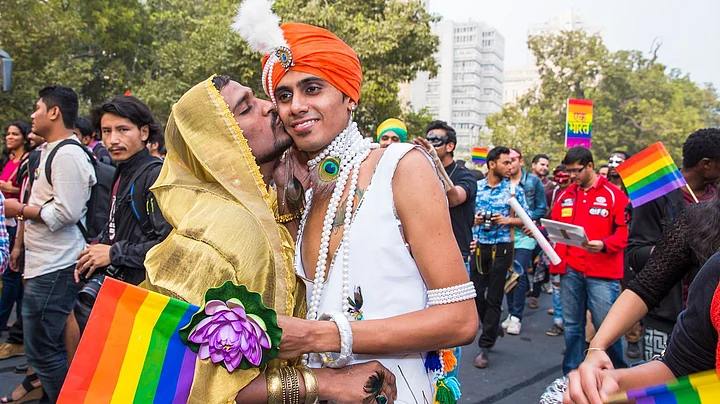On 15 April 2014, in its NALSA judgment, the Indian Supreme Court affirmed that transgender individuals have the right to decide the gender with which they identify. It directed the Centre and State Governments to grant legal recognition to transgender persons who self-identity as male, female or as third gender.
It also asked the governments to take specific steps, including the provision of medical care as well as framing social welfare schemes to address the discrimination faced by transgender persons in India.
However, despite this and the landmark 377 judgment, the government has been unable to implement the recommendations made by the apex court.
On 19 July, the government presented a transgender Bill in the Parliament. According to Human Rights Watch, the Bill lays out a broad and inclusive definition of “transgender persons” and also a clear distinction between identity-based recognition rights and the medical procedures some transgender people might want.
However, even though the Bill says that a transgender person “shall have a right to self-perceived gender identity” its language can be interpreted in a way that means transgender people are required to have certain surgeries before legally changing their gender.
“The Transgender Persons Bill should be a remarkable achievement for a long-persecuted community, but the current draft fails on the fundamental right to self-identify. It’s crucial that the law be in line with the Supreme Court’s historic ruling on transgender rights.”Meenakshi Ganguly, South Asia Director, Human Rights Watch.
The Bill continues to mandate sex reassignment surgery for transgender people who seek to identify as either male or female.
According to International Commission of Jurists (ICJ) the provisions which are problematic are the ones which set lighter sentences for criminal offences when they are committed against transgender people, including sexual and physical abuse.
“The Transgender Bill as currently drafted still fails to fully protect the rights of transgender people including to self-identify, a right that has been upheld by the Indian Supreme Court.”Frederick Rawski, Asia Pacific Director, ICJ
If the Bill is passed, it will be sent to the Rajya Sabha for the House’s assent. The transgender community has appealed to the the government to reconsider the Bill.
